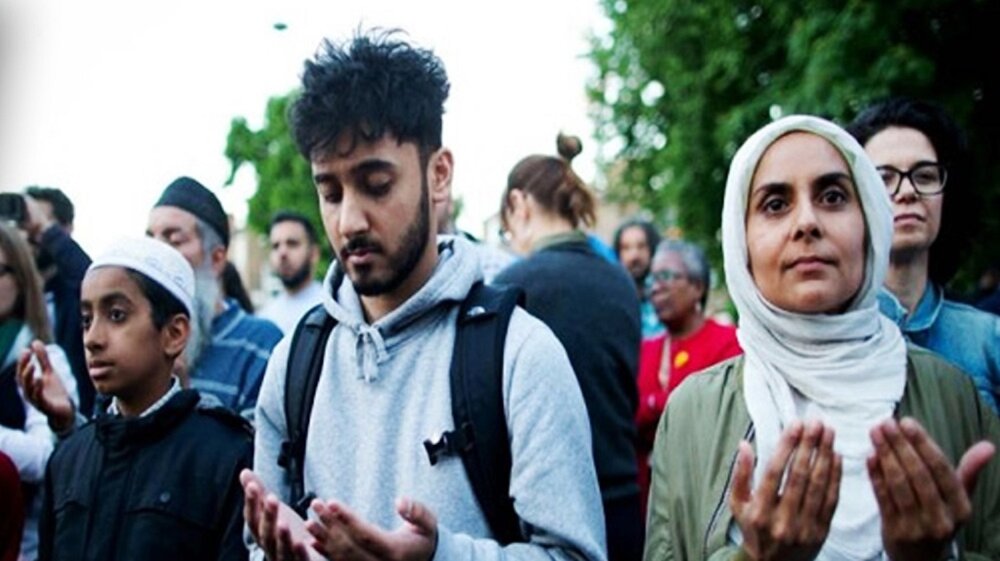Hawzah News Agency –Islamophobia is everywhere, making news on a regular basis. In 2015, Donald J. Trump called for a “total and complete shutdown of Muslims entering the United States.” From the halls of power in Europe, Dutch far-right politician Geert Wilders famously said, “Do I have a problem with Islam? Yes I have a problem with Islam.”
Recently, US congresswoman Lauren Boebert made headlines, after she joked about meeting fellow congresswoman Illan Omar. She describes Omar and Rashida Tlaib, the first two Muslim women elected to Congress, getting into an elevator she was in, and then this.
'I look to my left, and there she is. Ilhan Omar. And I say well, she doesn't have a backpack, we should be fine.'
Muslim minorities everywhere are discussing solutions to this crisis. At the Islamophobia awareness conference organized by the Islamic Human Rights commission based in London, the panel asked: How much Muslim minorities can engage with their non-Muslim governments without compromising their faith.
The de-politicization of mosques and the younger generation, is a major concern. Efforts to prevent young people seeking justice and fighting oppression have intensified, raising the alarm.
Far-right extremism is growing across Europe, manifesting in anti-immigration laws, bans on the Islamic dress code and encouraging anti-Islam sentiment via the media and digital spaces. So these discussions have to be had, if stereotypes targeting Muslims are to be confronted and deconstructed.


Your Comment